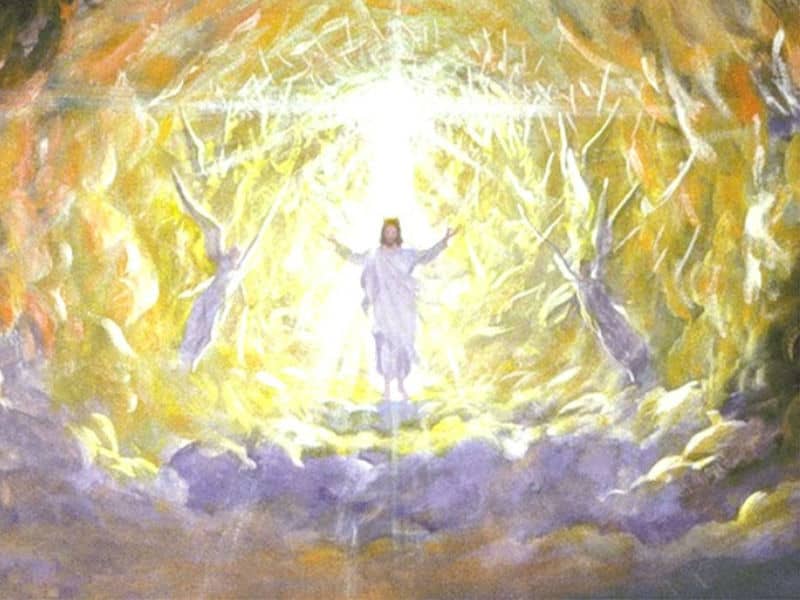The science and religion section of BeliefNet will operate under the assumption that science and spiritual thinking both benefit from mutual interaction and healthy debate in which each challenges the other's ideas. This section will cover a range of issues on the overlap of science and belief - the Darwin wars, Big Bang thinking, the emerging fields of biotech and bioethics, the study of faith and medical outcomes, preservation of academic freedom, and arguments between materialism and design, and many more. In this area, believers will be free to challenge science, scientists will be free to challenge belief, and most of all, we will seek areas of consensus - where the powerful findings of modern research, on evolution and many other matters, may fit into an understanding of a spiritually aware, purposeful life.
Much of life - our universe, our being -- ought to make us say "wow." This section will feature the ways in which science and spiritual thinking can combine to help us understand that wow better.

